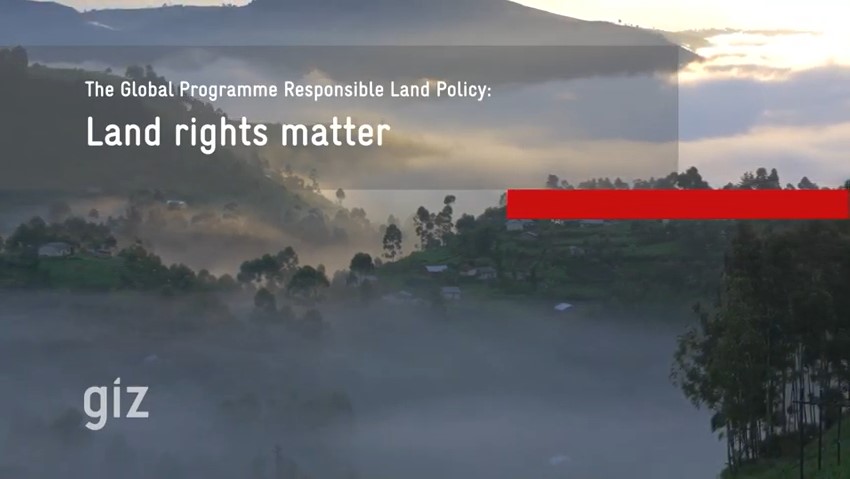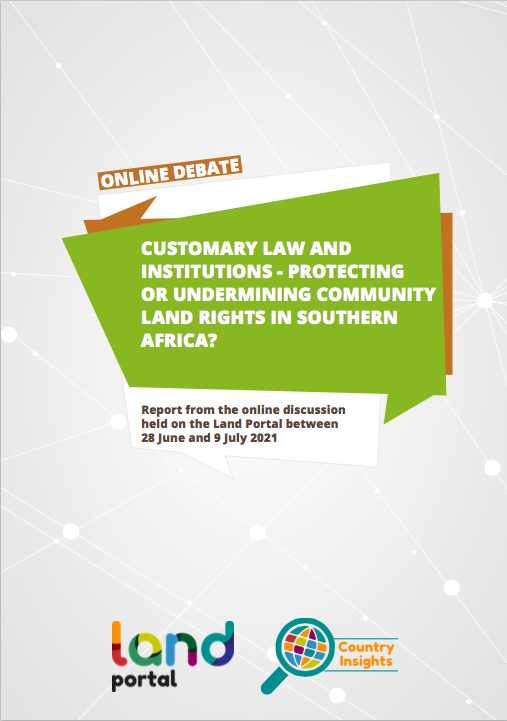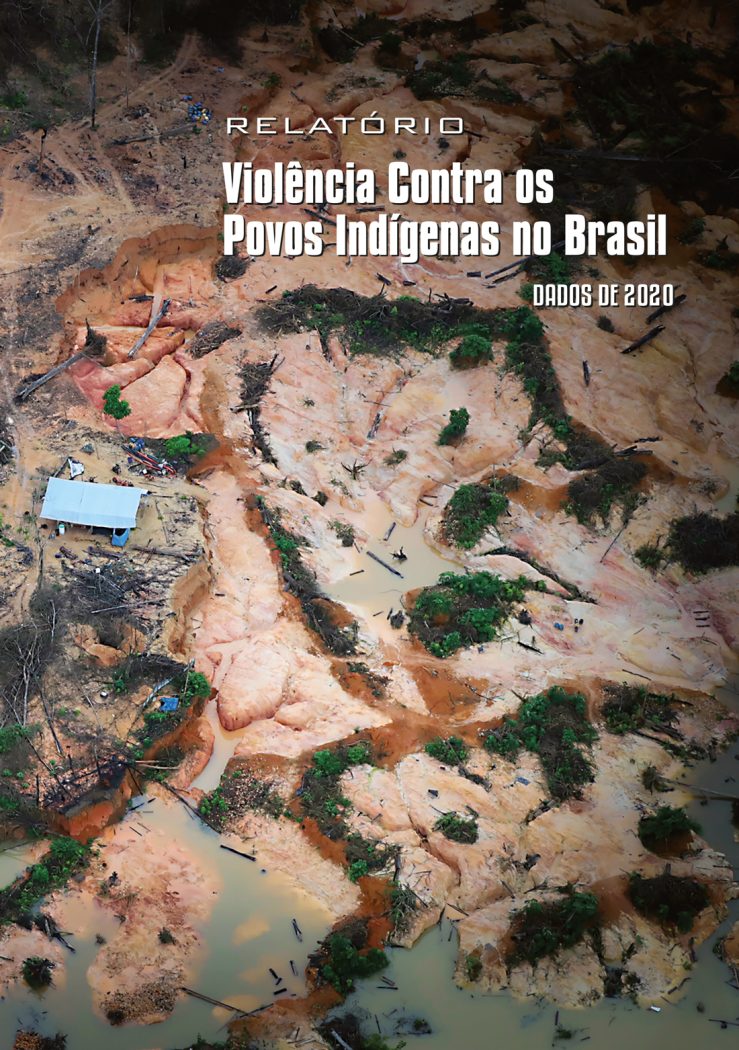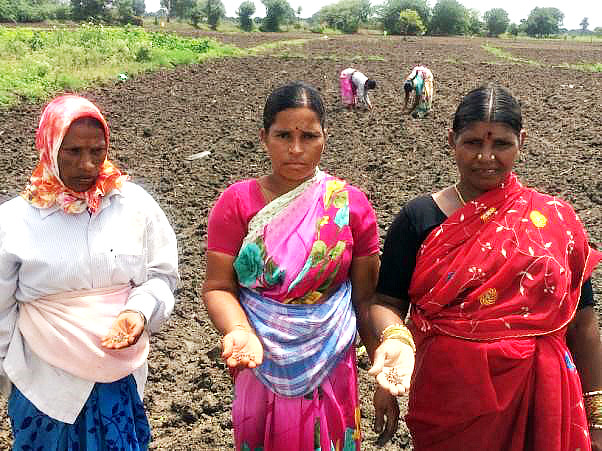Land Rights Matter – Global Programme Responsible Land Policy
In this introductory video to the Global Programme Responsible Land Policy answers are given to what it wants to achieve, how it works and why land rights are so important. The Global Programme is commissioned by the German Federal Ministry for Economic Cooperation and Development (BMZ), co-funded by the European Union and works in Benin, Burkina Faso, Côte d’Ivoire, Ethiopia, Laos, Madagascar, Peru (completed in 2021), Uganda and Paraguay (completed in 2018).











